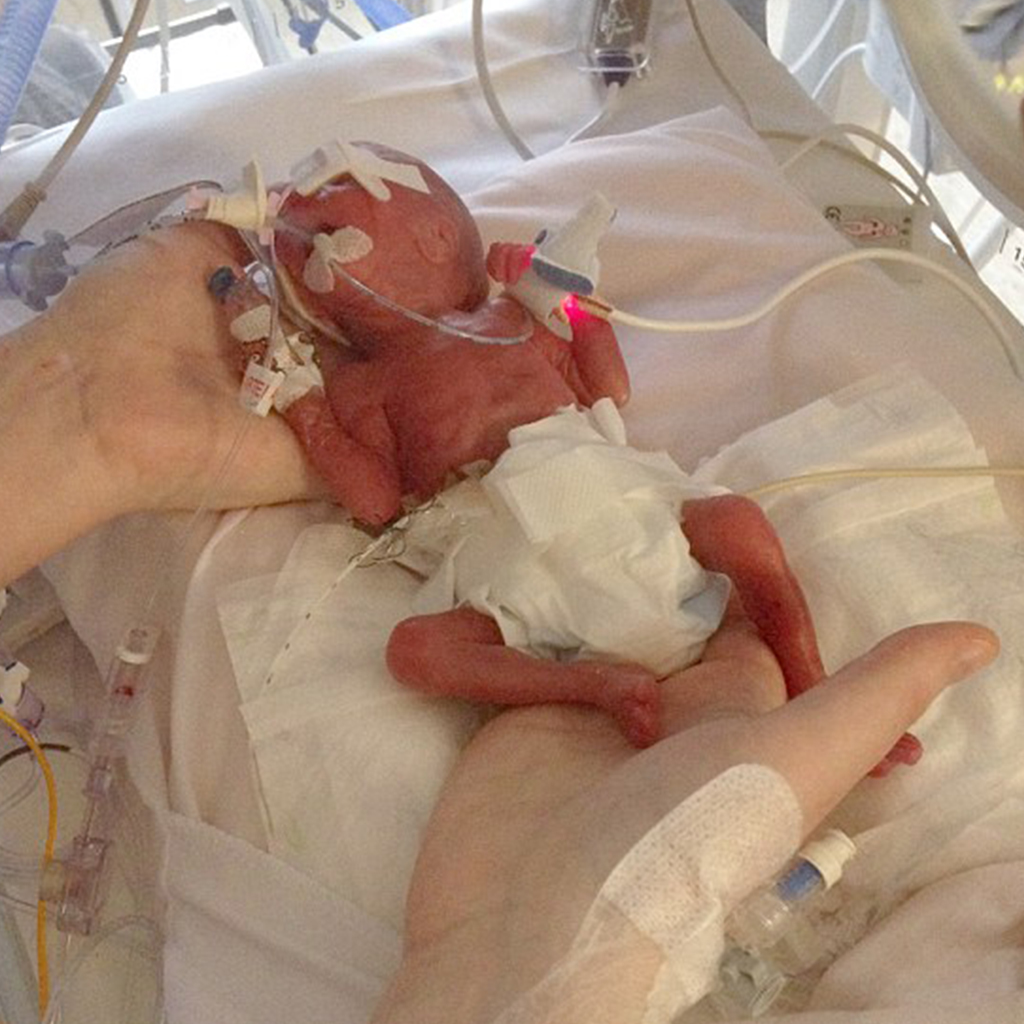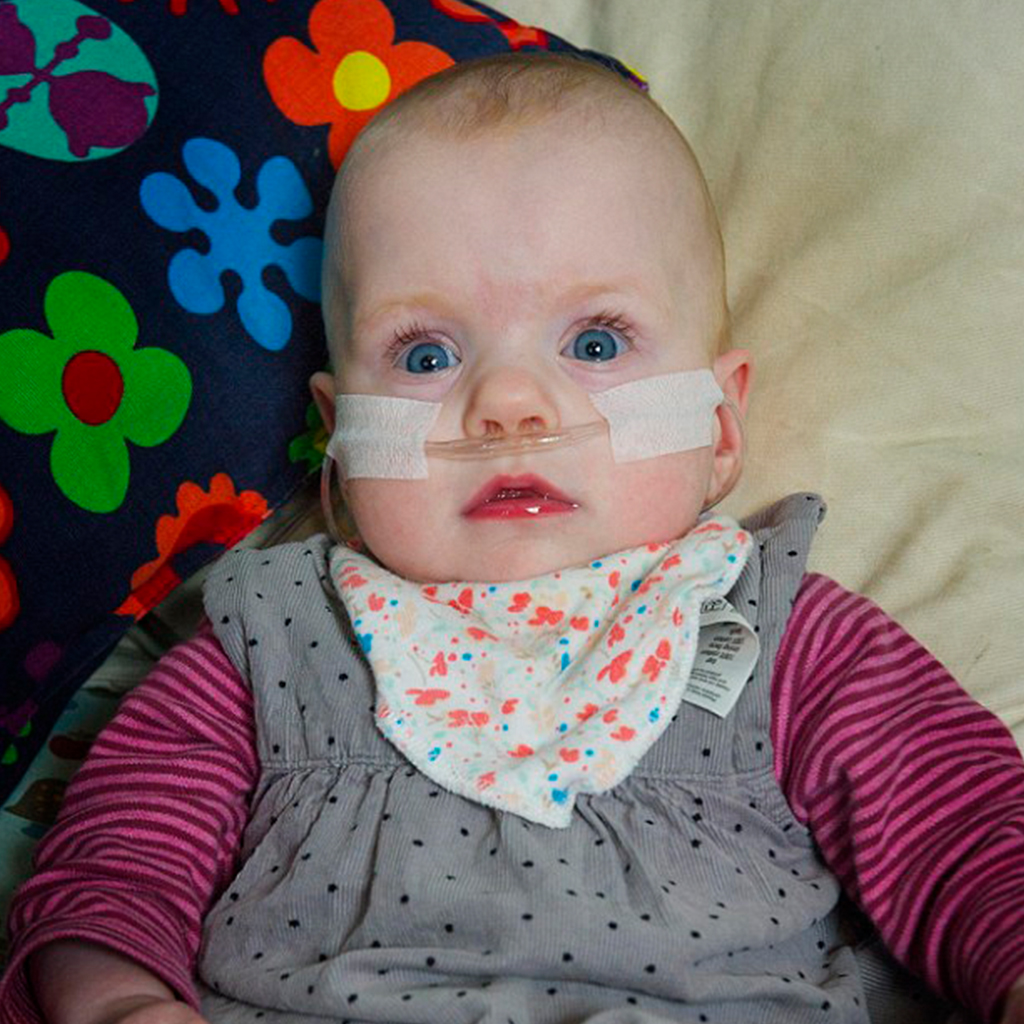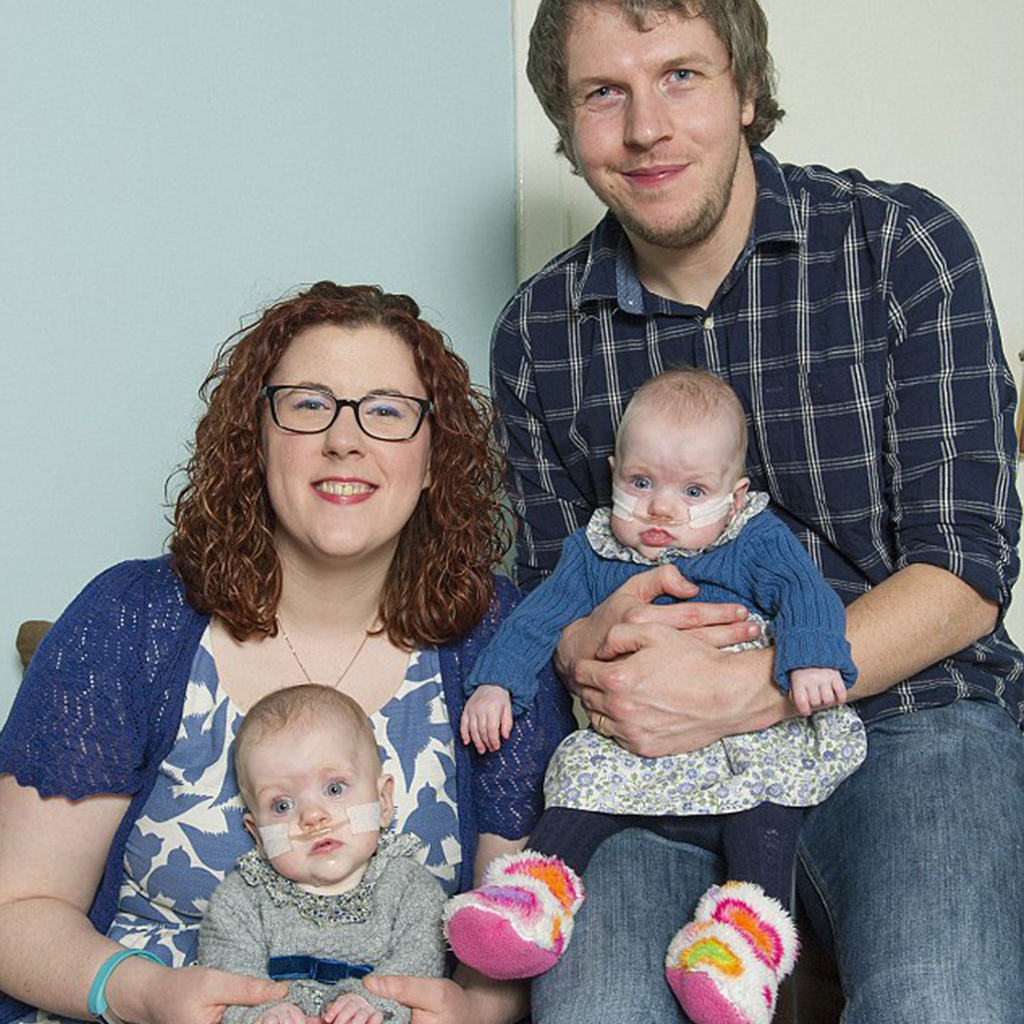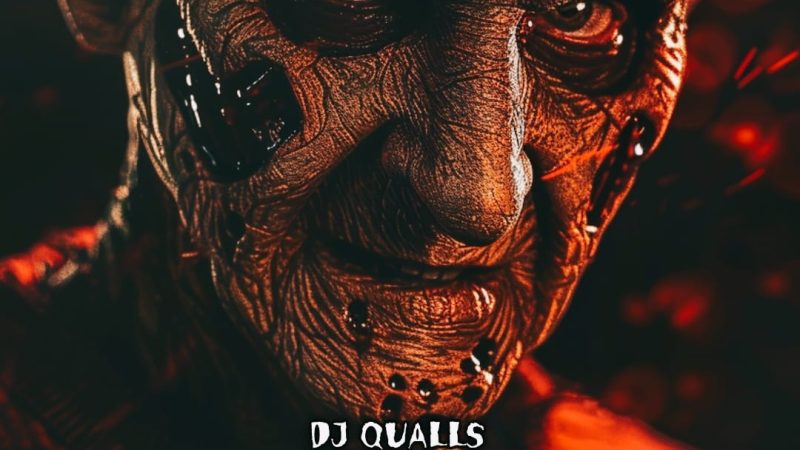In a remarkable tale of resilience and medical marvel, twins born prematurely at just 23 weeks have not only defied the odds but have also set a world record for their extraordinary survival. The Weir family’s journey is nothing short of awe-inspiring, as their identical twins, Imogen and Annabelle, faced numerous challenges with unwavering smiles.
James and Claire Weir, who tied the knot in 2013 and discovered they were expecting in 2015, could have never anticipated the incredible journey that awaited them. Their lives took an unexpected turn when they learned they were expecting twins after an early ultrasound revealed two distinct heartbeats.
The pregnancy was marked by persistent bleeding, leading to concerns about the well-being of the unborn babies. Claire had to leave her studies at Dee University for several periods due to the ongoing bleeding. However, each time, medical evaluations reassured them that the infants remained healthy. At the 20-week ultrasound, everything appeared to be proceeding normally, but Claire’s waters didn’t break until two weeks later, at 22 and a half weeks. The situation turned critical when Claire realized she was two centimeters dilated, leaving little room for the infants, and the chances of rescuing them seemed bleak.
Born at a mere 23 weeks and 4 days gestation, these premature twins faced numerous life-threatening challenges, yet they displayed remarkable resilience. Imogen and Annabelle became one of the youngest documented twin pairs to survive in the United Kingdom, a testament to the strides in neonatal medicine.
Their journey began just three days before the legal limit of 24 weeks for abortion in the UK, making their survival even more astonishing. The infants spent their initial four months in the hospital, where they required multiple blood transfusions and emergency surgeries to overcome their fragile conditions. Their tiny frames, weighing just 11 and 12 pounds respectively, necessitate clothing designed for newborns aged 0-3 months.
Claire, aged 31, occasionally grappled with feelings of guilt for keeping the infants alive, but witnessing the twins’ joy at ten months of age, beaming with delight while cuddling their cherished stuffed animals and sleeping hand in hand, reaffirmed her decision.
While their progress continues to amaze physicians, the twins remain in a fragile state. They are unable to dress themselves due to their delicate skin, and their residence in Paisley, Scotland, with their parents, James and Claire, keeps them under close medical supervision.
Mrs. Weir’s own premature birth at 28 weeks adds a personal dimension to their incredible journey. Surviving as such tiny twins is a rarity, and their survival seemed improbable. The twins are believed to be the tiniest and youngest surviving twins born in Scotland. The rapid advancement of medical technology played a crucial role in their survival, as doctors emphasized that twins born just two years earlier might not have made it.
Claire did her best to prolong her pregnancy, staying indoors for as long as possible. The anxious period leading up to the birth was incredibly challenging, and even simple movements triggered anxiety. Yet, despite their fragile state, the twins’ hearts continue to beat, a testament to their indomitable spirit.
Both infants had to face the challenges of a missing placenta and illness. Imogen was ready to leave the hospital after about six days, while Annabelle required a longer stay due to her smaller and more frail condition. For the first 100 days of their lives, the twins could only wear diapers and caps, as their skin lacked adequate coverage. They received nourishment through a tube placed in their noses, and an incubator equipped with a sophisticated positive pressure ventilator provided them with gentle breaths. Caffeine also assisted their breathing. After weeks of intensive care, the twins were finally able to return home, a moment of profound gratitude for the entire hospital team.
Imogen and Annabelle’s miraculous survival story has moved many, including the Weir family, who have contributed over £1,700 to the Princess Royal Infant Support Fund, a testament to their appreciation for the incredible medical care that saved their daughters’ lives. Their journey serves as a beacon of hope and inspiration for others facing similar challenges, highlighting the power of medical advancements and the resilience of the human spirit.








